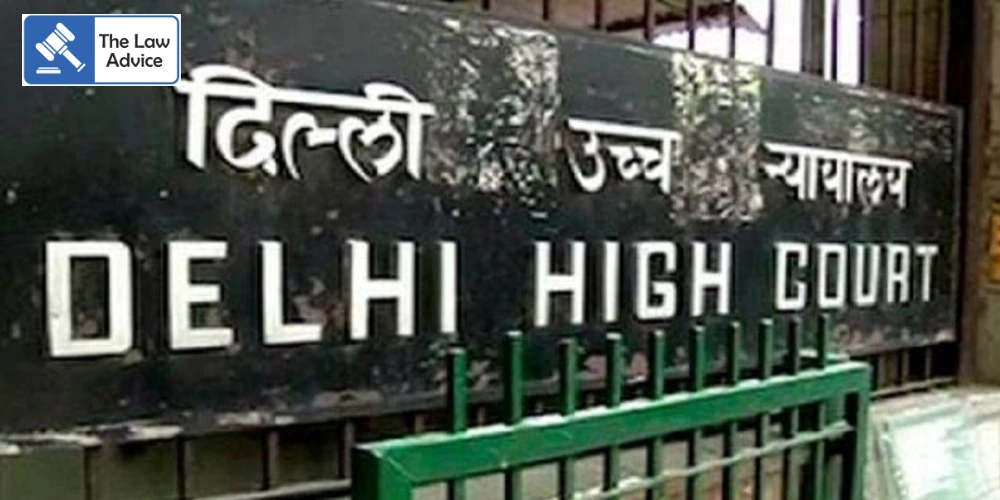The Delhi High Court has emphasized that courts must act as a safeguard against harassment of individuals who have no real involvement in allegations of matrimonial cruelty.
Justice Arun Monga, while hearing a petition seeking quashing of criminal proceedings under Section 498A of the Indian Penal Code (IPC), observed that general and omnibus allegations made in matrimonial disputes cannot withstand judicial scrutiny and should not be permitted to proceed.
Broad Allegations Cannot Replace Evidence
The Court noted that broad, non-specific and frivolous allegations in matrimonial disputes can cause more harm than good. Justice Monga remarked:
“Such allegations, if unchecked, can lead to misuse of the process of law. The consequences are not only unwarranted trials and stigma for the accused but also dilution of genuine grievances of victims of matrimonial cruelty.”
The Court underlined that pursuing baseless claims causes unnecessary hardship, humiliation, emotional distress, and social stigma for the accused, while also burdening the judicial system.
Protection of Women vs. Misuse of Law
While reaffirming the importance of Section 498A IPC as a safeguard for women facing dowry harassment and domestic cruelty, the Court clarified that its misuse against innocent relatives must be controlled.
Justice Monga highlighted that if prima facie evidence is absent, courts must step in to protect individuals from facing long-drawn criminal litigation. Otherwise, the real purpose of Section 498A — protecting victims of cruelty — risks being undermined by frivolous complaints.
The case arose from an FIR filed by a wife against her sister-in-law. The husband had passed away during the pendency of proceedings. The Court found that the FIR lacked any specific dates, incidents, or overt acts allegedly committed by the sister-in-law.
It noted that there were no allegations of abetment, conspiracy, or instigation, and the supposed claims of regular humiliation were not believable in light of the circumstances.
The FIR had been registered in 2018, and for five years the trial made no progress. This prolonged delay, coupled with the absence of any concrete allegations, persuaded the Court to exercise its inherent jurisdiction under Section 482 CrPC to quash the FIR as against the sister-in-law.
“It is highly improbable that the petitioner, in the presence of her husband, would have insulted or humiliated the complainant so frequently that she was given derogatory nicknames. The allegations appear ex facie improbable and without any substance,” the Court observed.
The Court allowed the petition and quashed the FIR against the sister-in-law while vacating the interim stay order. However, it clarified that the trial shall continue against other co-accused in accordance with law.
Justice Monga concluded that courts must ensure a prima facie case exists before allowing matrimonial cruelty trials to proceed, in order to prevent misuse of Section 498A IPC for extraneous or malicious purposes.
Case Details
• Case Title: Pooja Rasne @ Puja Rasne v. State of NCT of Delhi & Ors.
• Bench: Justice Arun Monga
• Counsel for Petitioner: Ms. Amrita Sarkar, Mr. Ashish Kumar Singh, Mr. Kartik Gupta, Mr. Gitesh Sinha
• Counsel for Respondents: Mr. Digam Singh Dagar (APP for State), Mr. Sanjeev Mahajan, Ms. Simran Rao (for Respondent No. 2)
